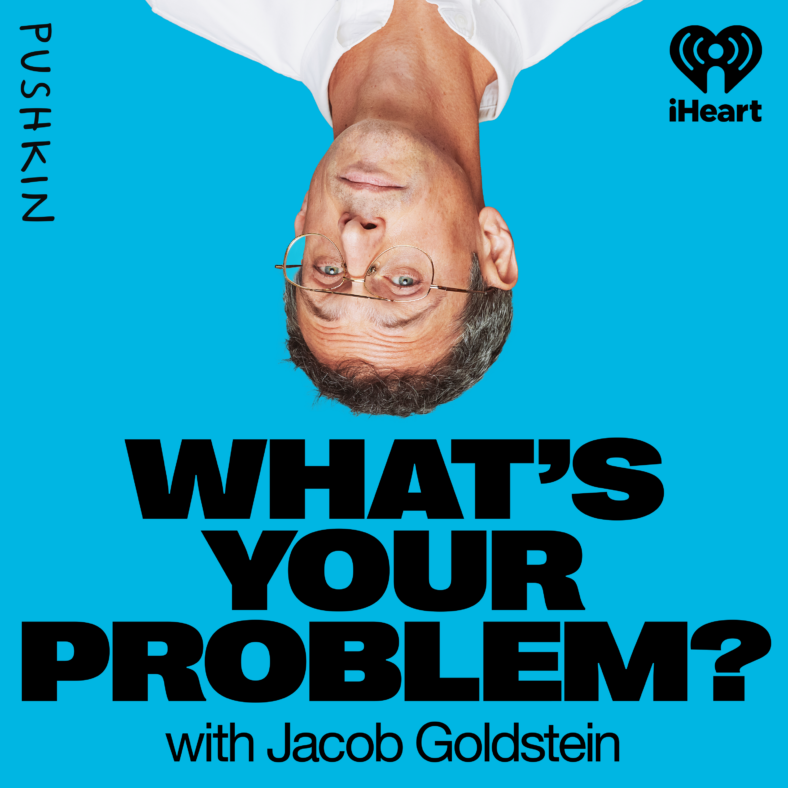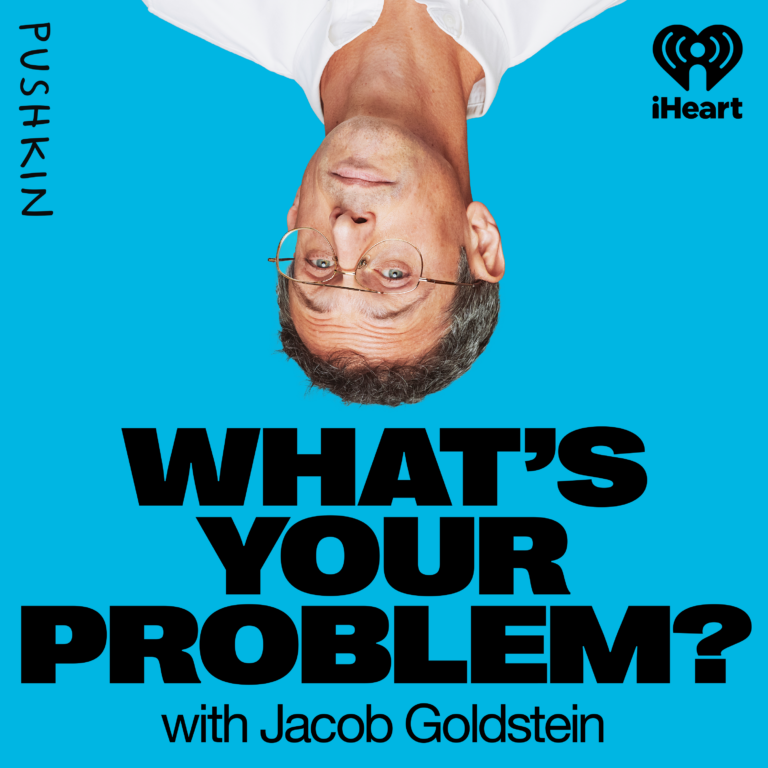What really drove the 2008 financial crash? What’s a shadow bank? And what’s the connection between NIMBYs and BANANAs? Tim Harford and Jacob Goldstein answer more of your questions. Enjoy this episode from Cautionary Tales, another Pushkin Podcast.
See omnystudio.com/listener for privacy information.


